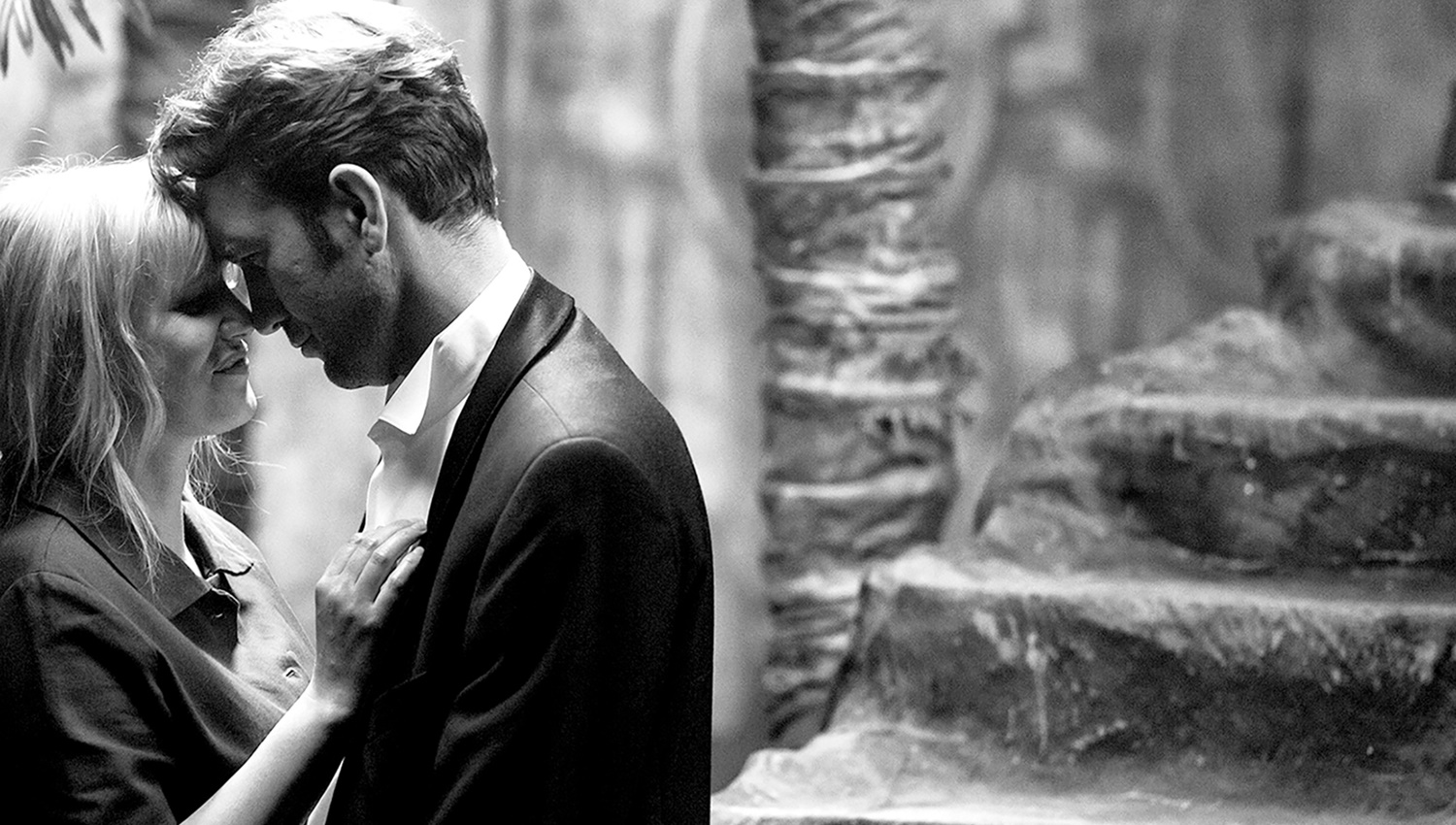
Cold War
Dustin Chase
The foreign film category has more buzz this year than usual. With Netflix pushing Roma all the way into the main categories including best picture, and becoming the presumed foreign language winner, there is a heightened awareness in non-English language movies. Cold War made a big splash at Cannes, resulting in it’s purchase by Amazon for the US markets. What that really means is that Cold War will have more screenings and send out disc screeners opposed to the majority of other foreign films that either send online links or don’t even have distribution during awards season. I say all that because Cold War doesn’t have an ounce of mainstream appeal like a handful of it’s competition. It’s black and white (and not brilliant, cinematic Alfonso Cuaron b/w), letter box ratio and is about as exciting as watching paint dry.
Zula (Kulig) is one of the standouts, auditioning with fellow peasants for a government funded folk-art choir. The event organizer Wiktor (Kot) is enchantment by the young blond who is determined to be among one of the selectees. The folk-art group becomes quite a hit across Poland, despite the government demanding more political rhetoric be instituted into the performances. Zula and Wiktor become involved, traveling Europe together as her star begins to rise, his circumstances deteriorates. Years go by and their relationship is a tug of war, separated by fame, despair, the governments involvement in war and politics, but the flame that burns between the two lovers is reignited each time they find one another.
Compared to other foreign films from around the globe, Cold War is alienating and uninviting despite speaking in the universal language of love
Pawel Pawlikowski’s Ida (also featuring Kulig) won best foreign film in 2015. Also in black and white, there is an understated slow burn to his films that typically grow into something memorable by the end. Cold War lacks that and his embrace of romantic stereotypes often degrade what he’s trying to achieve. In a scene where Zula is walking away from Wiktor in the street, she’s said goodbye, her back is turned, but she stops, quickly walks back for a romantic embrace. How many times have we seen that exact trope in American romances. Cold War is assembled as a string of vignettes that follow the couple throughout decades. Sometimes the current year will only last one to two minutes before jolting us to a set of entirely new circumstances. It feels like watching a soap-opera, where someone with ADD has ahold of the remote, pressing the fast-forward button ever so often.
The beauty that’s been talked about regarding Cold War wasn’t apparent to me. The filmmakers choice on this film is displayed is off putting. His editing assembly of the narrative is quite jolting and at least for me, never captured by full attention. The performances are fine, however the choppy editing, bouncing from year to year doesn’t allow the actors any gradual transitions. Maybe this is a case of sentiment being lost in translation. I found the relationship less than engaging and at no point grew to care about whether they survived the difficulties or circumstance of war. Compared to other foreign films from around the globe, Cold War is alienating and uninviting, despite speaking in the universal language of love.
Final Thought
Cold War is a bitter, off putting and emotionless love story told over decades.

1 thought on “Cold War”
Well Done. You nailed it. I thought it was just me but I’m glad you teased it apart to reveal how there was no real depth here. People are just easily seduced by aesthetics.